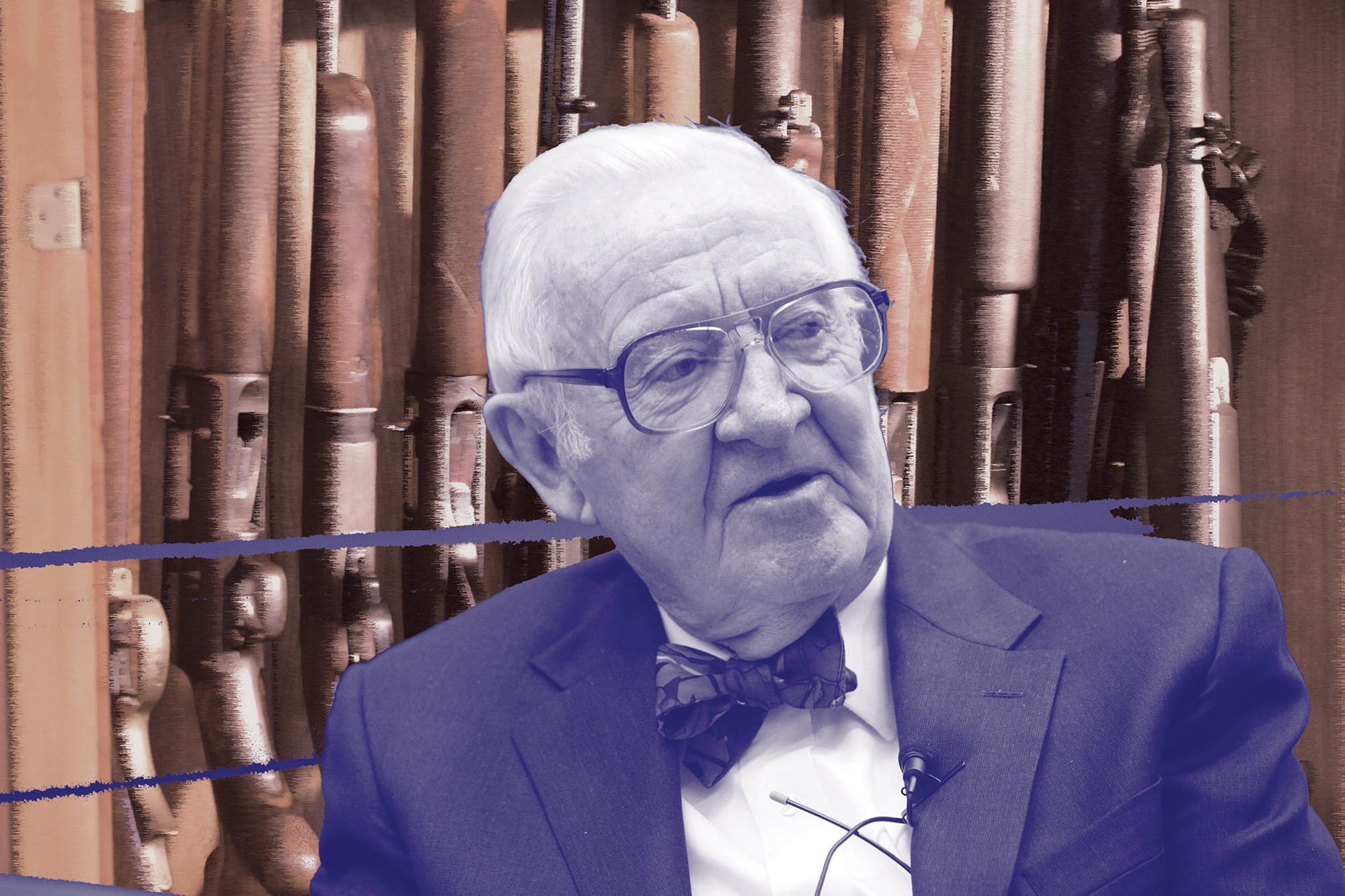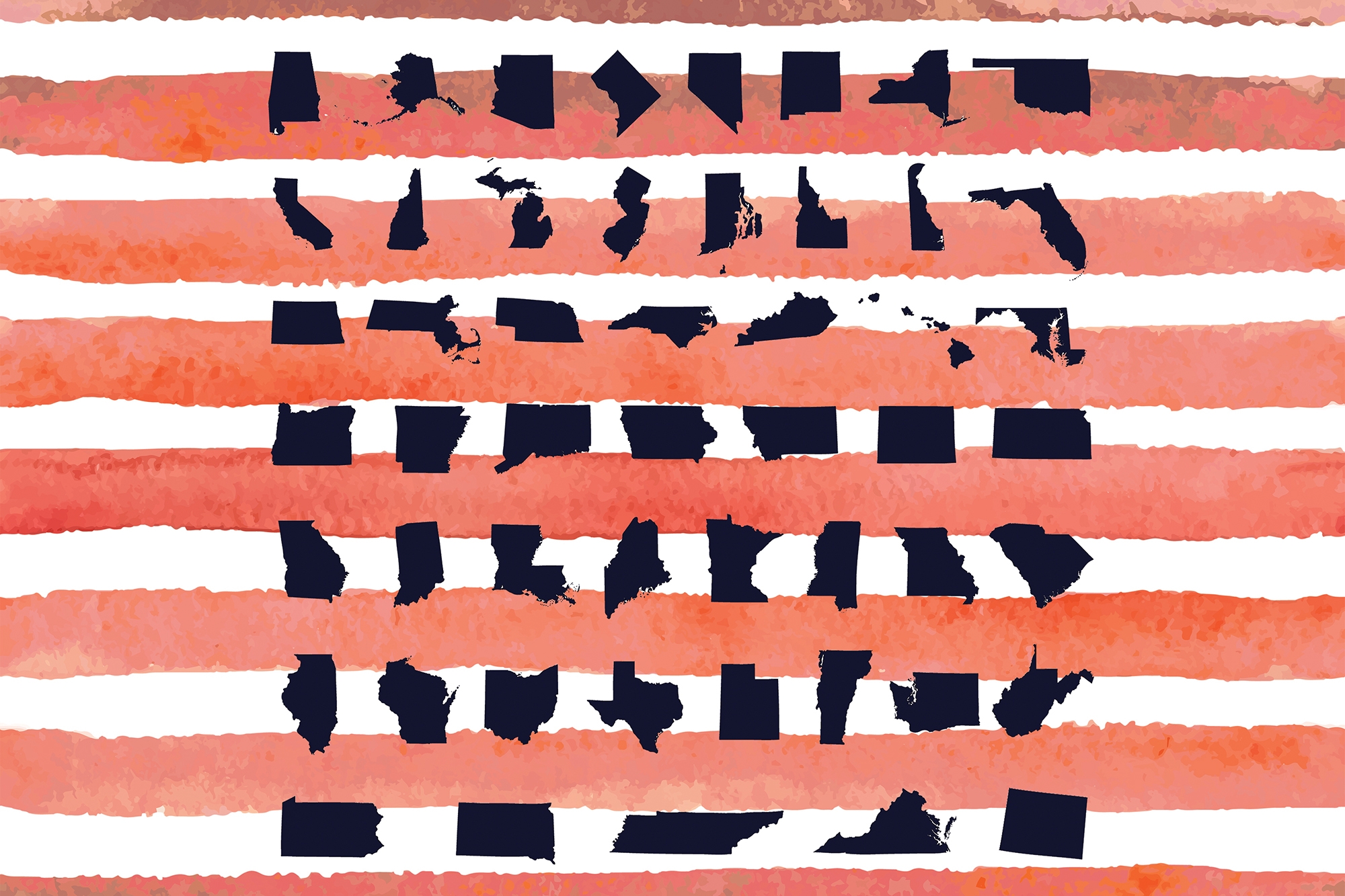 A Finer Point
A Finer Point
The sudden deaths of United States Supreme Court Associate Justice Ruth Bader Ginsburg and Associate Justice Antonin Scalia ignited political firestorms regarding the appropriate timeline for confirming a new justice […]
 Book Review
Book Review
by William G. Howell and Terry M. Moe
Vol. 104 No. 3 (2020-21) | Judges on the MarchDonald Trump will soon leave the White House. And when he does, Bob Bauer and Jack Goldsmith tell us, reform is in order. Trump’s attacks on institutions and political opponents, […]
 In Conversation
In Conversation
by David F. Levi and Dikgang Moseneke
Vol. 104 No. 2 (2020) | Coping with COVIDDuring a lunch-hour event with students at Duke Law School in February, David F. Levi, director of the Bolch Judicial Institute, interviewed former Deputy Chief Justice Dikgang Moseneke of the […]
 Feature
Feature
The American version of judicial review stands alone — and almost never stood at all If Chief Justice John Marshall could have been transported on Dr. Who’s “Tardis” back to […]
 Point/Counterpoint
Point/Counterpoint
by James Huffman and Gerald Torres
Vol. 104 No. 1 (2020) | A Clearer ViewPOINT / COUNTERPOINT Climate change has taken center stage politically and socially. As fires raged in Australia, glaciers continued a steady melt, and the winter of 2020 tracked to become […]
 Feature
Feature
by Darrell A.H. Miller and Joseph Blocher
Vol. 103 No. 3 (2019) | Fees, Fines, and BailSecond Amendment scholars discuss the late Justice John Paul Stevens’s contributions to one of the nation’s thorniest debates During his 34 years on the Supreme Court, Justice John Paul Stevens […]
 Feature
Feature
by David F. Levi, Samuel A. Alito, Anthony M. Kennedy and Allyson K. Duncan
Vol. 103 No. 2 (2019) | Pay NCAA athletes?Excerpts from the 2019 Bolch Prize for the Rule of Law ceremony On April 11, 2019, the Bolch Judicial Institute presented its inaugural Bolch Prize for the Rule of Law […]
 In Conversation
In Conversation
by Joan Larsen, David F. Levi, Allison Eid, Goodwin Liu and Jeffrey S. Sutton
Vol. 103 No. 1 (2019) | Navigating Rough SeasJudge Jeffrey Sutton is one of our most respected and admired federal appellate judges. He has served on the Sixth Circuit, with chambers in Columbus, Ohio, since his appointment to […]
 In Conversation
In Conversation
Sergeant Isaac Woodard had just completed a three-year tour in a segregated unit of the United States Army. He boarded a Greyhound bus in Augusta, Ga., that would take him […]
 Feature
Feature
My title is “The Emergence of the American Constitutional Law Tradition,” and what I want us to think about today is the process by which American constitutional law came to […]